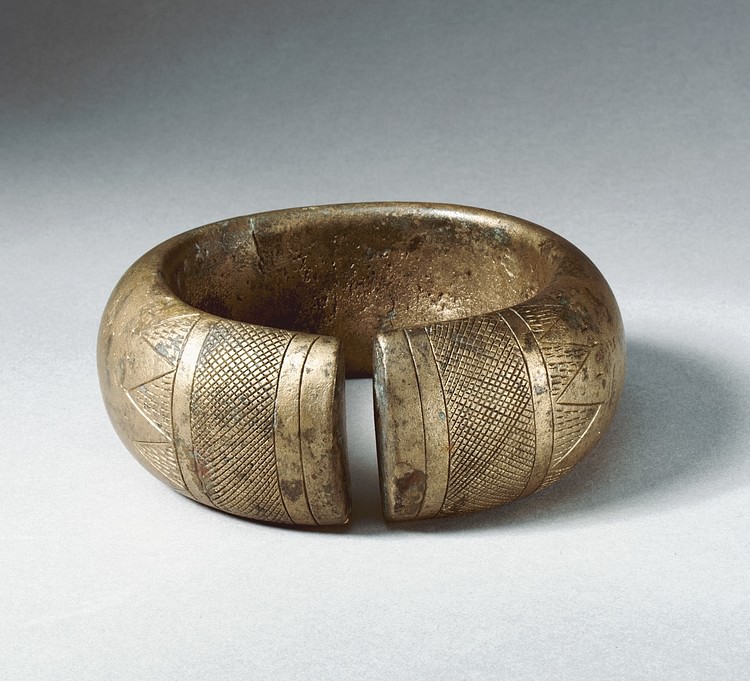Kush was a kingdom in North Africa in the region corresponding to modern-day Sudan. The larger region around Kush (later referred to as Nubia) had been inhabited since c. 8,000 BCE, but the Kingdom of Kush rose much later, flourishing between c. 1069 BCE and 350 CE. Kush was influenced by Egyptian culture from its very beginning. Rulers were buried beneath pyramid tombs with Egyptian grave goods, and the Kushite kings became the pharaohs of Egypt's 25th Dynasty while Kushite princesses dominated the political landscape of Thebes in the position of God's Wife of Amun.
Kushite kings based in Meroe later abandoned Egyptian culture and emphasized Kushite tradition. The Egyptian hieroglyphic writing system was discarded in favor of another known as Meroitic which, to date, has not been deciphered. During this period, Kush established a lucrative trade system for the export of gold, ebony, incense, exotic animals, and ivory among other luxury items. Grains and cereals were also exported, along with later iron weapons and tools from Kush's burgeoning metal industry.

